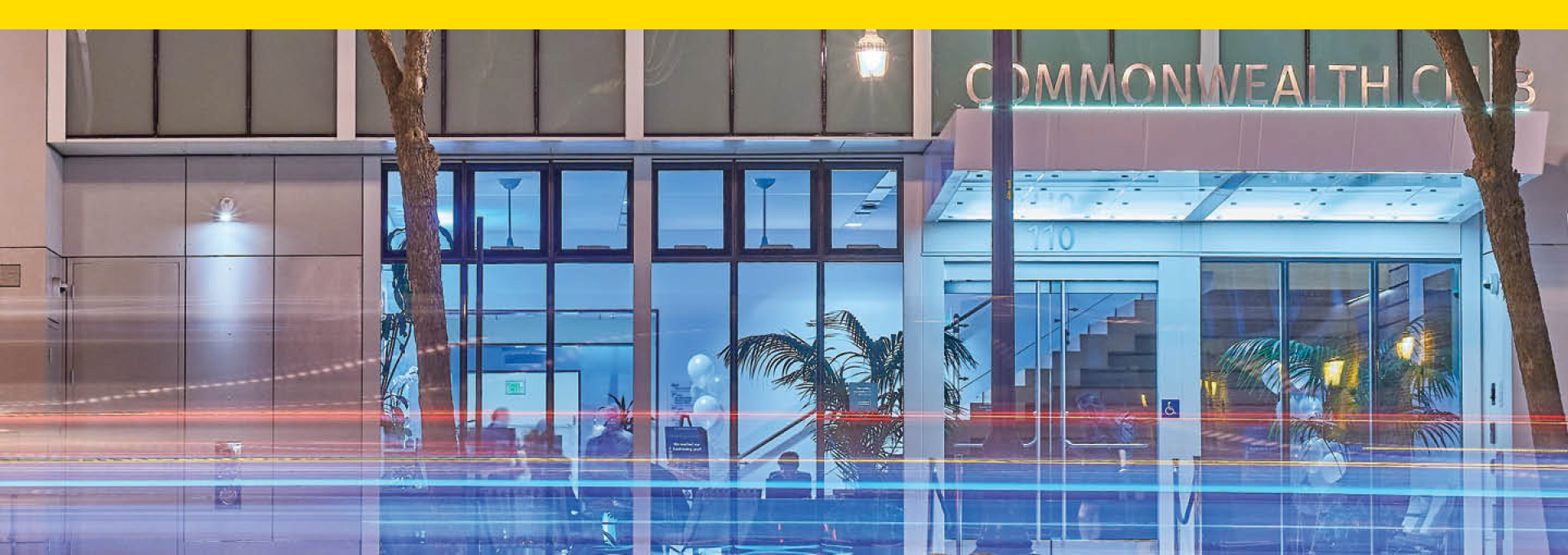Robert F. Kennedy, Jr.
Senior Attorney, Natural Resources Defense Council
The fact that Robert F. Kennedy Jr. is so readily embraced by progressives can conceal that his message is an inherently conservative one. Listen to Kennedy talk for an hour and you’ll hear the words “free market” invoked more often than in any Milton Friedman tome. “Show me a polluter, and I’ll show you a subsidy,” Kennedy is fond of saying, as he does here. The market is flawed, he says, by polluters who “make themselves rich by making everyone else poor” – externalizing their costs and internalizing the profits. Kennedy, Senior Attorney, Natural Resources Defense Council, was in San Francisco to promote The Last Mountain, a new film that features his efforts to end mountaintop removal coal mining in West Virginia. If dirty fuels were forced to cover their full costs, Kennedy says, not only could they not compete in the market, renewable energy would win. “Right now, we have a marketplace that is governed by rules that were written by the incumbents – coal, oil, and nukes – to reward the dirtiest, filthiest, most poisonous, most destructive, most vindictive fuels from hell, rather than the cheap, clean, green, wholesome, safe, and patriotic fuels from heaven,” he says, to the loudest applause of the night. How did we get here? “Our democracy is broken,” Kennedy argues, with a campaign finance system “which is a system of legalized bribery.” And the U.S. Supreme Court’s Citizens United decision will only hasten the decline. “The Citizens United case is the end of civilization, the end of democracy, with a 100-year-old law that said corporations cannot contribute to federal political candidates or officeholders. The Supreme Court just wiped that out, and we have a tsunami of corporate wealth that is now flooding into the political process.” Even so, Kennedy remains optimistic. “We built, in this country, more wind and solar last year than all the incumbents combined. That is a critical milestone in the adaptation of disruptive technologies,” he says. “Nobody notices it because the other one is so dominant in the market.” This is going to happen with clean energy, he says, not because government tells it to, but because the market is going to drive it there. “We can produce electric cars that cost six cents a mile to drive over the life of the car versus an internal combustion car that costs 60 cents. How long can they maintain that?”
This program was recorded in front of a live audience at the Commonwealth Club of California, San Francisco on June 16, 2011




